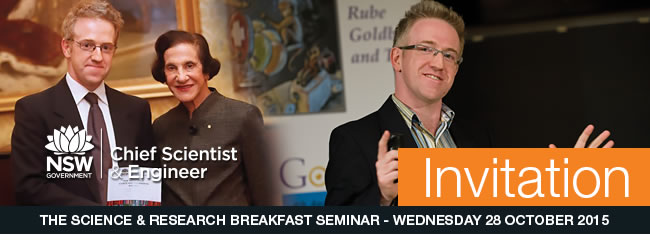
|
Matthew Todd works on making molecules, many of which have roles in treating disease. He is interested in how we can find new medicines more quickly and in a way that leads to those medicines being available cheaply. A few years ago, Mat worked with the World Health Organisation to find a better way to make the medicine used to treat hundreds of millions of people suffering from the disease Bilharzia. The project was carried out "open source" – meaning that everything Mat's research group did was placed on the internet each day and anyone could get involved. This led to major involvement from the private sector and a rapid solution to the research problem. His non-patented work is being used to take the improved form of the drug to market. Mat has since been working on discovering and developing medicines in the public domain – so-called Open Source Pharma. The Open Source Malaria consortium has received inputs from more than 100 people around the world. He is now attempting the same model with Open Source Tuberculosis. Most recently, Mat was part of a team awarded a major grant to start the first Open Source Pharma (OSP) Foundation – to support any open source drug discovery project worldwide. Could OSP be a new, inclusive global industry, competing with traditional pharma? To answer this question means we need to understand what openness is. What is open innovation, and what is open source? How does openness change the economics of research? Should universities be trying to secure intellectual property? Is secrecy throwing a spanner into the works of our innovation engine? About the seminar series The Science & Research breakfast seminar series aims to give executives in the business, law and finance sectors a better understanding of key science and research issues and their impact on business, the economy and the community. |
|||||||||||||||||||||||
Privacy: Any personal information provided to the Department is voluntary and protected by the Privacy and Personal Information Protection Act 1998 (NSW) and the Health Records and Information Privacy Act 2002 (NSW). The Department does not condone the sending of unsolicited commercial electronic messages as defined by the Spam Act 2003 (Cth.). Please refer to our privacy policy for more information and your rights to access and correct the information held. If you wish to unsubscribe, please click here.
Disclaimer: This e-newsletter contains information including data, documents and images prepared by the Office of the NSW Chief Scientist and Engineer. While the information has been formulated with all due care, the Department does not warrant or represent that the information is complete, accurate or up to date. The information is subject to change without notice.

